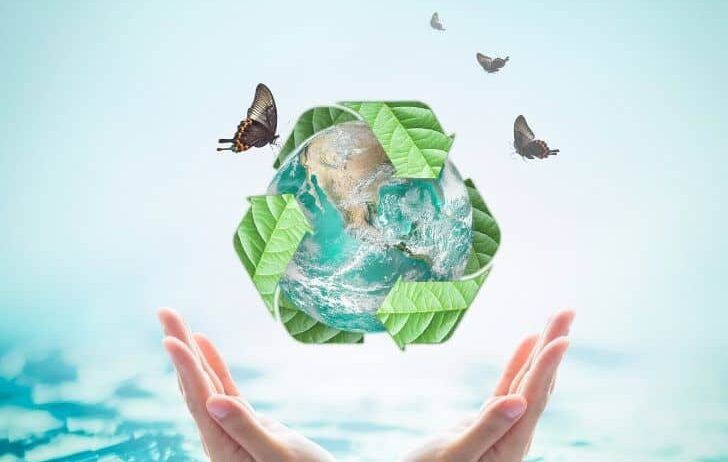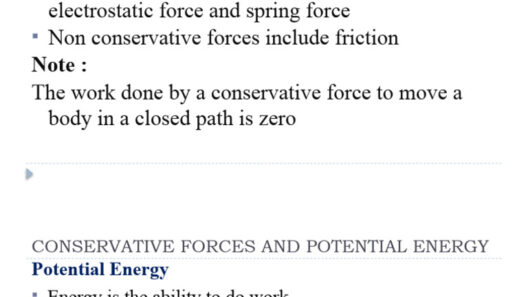As society becomes increasingly aware of the detrimental effects of climate change, the importance of conserving renewable energy resources has never been more paramount. Each individual plays a pivotal role in fostering a sustainable future, and understanding how to maximize the potential of renewable energy is crucial. This article delves into the various ways individuals can conserve renewable energy resources and illustrates the significance of this endeavor.
Renewable energy includes sources such as solar, wind, hydroelectric, and geothermal power—each offering the promise of a cleaner, more sustainable energy future. However, despite their abundance, these resources can be underutilized if not approached with mindfulness. By adopting practices aimed at conserving energy, individuals can mitigate their ecological footprint.
One of the most accessible methods to begin this journey is through energy efficiency in the household. A vast majority of energy consumption occurs within residential spaces, making it essential to optimize energy use. Simple strategies include upgrading to energy-efficient appliances, such as those rated by Energy Star. These appliances consume significantly less energy while maintaining performance, thus helping to reduce overall consumption.
Moreover, proper insulation and energy-efficient windows can drastically diminish heating and cooling expenses. In the colder months, insulating walls and attics can prevent heat loss, while in the summer, reflective roofing materials can mitigate heat gain. Such home improvements not only conserve energy but also enhance comfort and reduce utility bills.
In tandem with efficiency, it is vital to incorporate renewable energy systems at the household level. Photovoltaic solar panels harness sunlight directly, converting it into usable electricity. The installation of solar systems may require an initial investment; however, they provide long-term savings on energy costs and can increase property value. Additionally, many regions offer incentives such as tax credits and rebates, making solar energy even more accessible.
Wind turbines are another alternative for energy generation, especially in rural areas where space and wind availability align favorably. Residential wind turbines can generate a substantial portion of a home’s power needs; hence, they are a commendable adjunct to solar solutions. Exploring local wind energy programs can also lead to community-based initiatives, enhancing collective renewable energy use.
Another crucial consideration is to adopt smarter habits regarding personal energy consumption. This begins with the awareness of one’s daily routines. Simple changes, such as turning off lights when exiting a room, unplugging electronic devices when not in use, and employing energy-efficient light bulbs, can contribute significantly to energy conservation. The behavioral shift toward vigilance can accumulate substantial savings over time.
Moreover, embracing public transportation or alternative modes of commuting—such as cycling, walking, or carpooling—can vastly reduce dependency on fossil fuels. This paradigm shift not only alleviates environmental stress but also promotes healthier lifestyles. By choosing less energy-intensive transportation, individuals contribute to decreasing greenhouse gas emissions.
Gardening and local food production represent another facet of renewable resource conservation. By cultivating a garden, whether it’s for fruits, vegetables, or herbs, individuals can reduce their reliance on mass-produced agricultural products that often require extensive fossil fuel inputs in transportation and packaging. Supporting local agricultural initiatives also cuts down on food miles—a term that encapsulates the distance food travels before it reaches your plate.
Water conservation is integral to renewable resource preservation. Reducing water waste through techniques such as rainwater harvesting, gray water recycling, and employing water-efficient fixtures can significantly decrease the energy needed for water heating and pumping. Since freshwater is a finite resource, optimizing its use reflects a deeper understanding of interconnectedness with energy systems.
Engagement in community initiatives potently amplifies efforts for renewable resource conservation. From participating in local clean-up events to joining coalitions advocating for renewable policies, collective action underscores the transformative power of community. Volunteering for tree planting or educational workshops fosters a deeper connection with the environment and nurtures a culture of sustainability.
Furthermore, raising awareness through social media platforms or grassroots outreach can mobilize communities towards renewable energy adoption. Sharing success stories or promoting sustainable methodologies can inspire others to evaluate their energy consumption and explore renewable options. This viral spread of information enhances the collective understanding of renewable resources’ importance and potential.
Engagement with government policies concerning energy conservation is another vital component. Individuals can advocate for legislative measures that promote renewable energy use, whether through petitions, community forums, or voting. Supporting policies that incentivize renewable energy projects and sustainable development can shape a more sustainable infrastructure for future generations.
Finally, continuous education around the subject of renewable energy is key. By staying informed about advancements in technology and methods of energy conservation, individuals can better adapt to changing circumstances and needs. Workshops, webinars, and accessible online courses can provide valuable insights into energy-saving techniques and renewable resource technologies.
In conclusion, the journey towards conserving renewable energy resources is multifaceted and requires both concerted effort and individual commitment. By enhancing energy efficiency, utilizing renewable energy systems, embracing behavioral changes, supporting local initiatives, and advocating for policies that promote sustainability, individuals can significantly contribute to a sustainable future. Ultimately, every small action counts; your role is critical in shaping a world that respects and conserves our planet’s finite resources.








